Fabric Porosity Tester: An Overview
Understanding the breathability of fabrics is crucial in various industries, and the fabric porosity tester stands as a pivotal instrument in this domain. This device is designed to assess the porosity of textiles, which is a key factor in determining the comfort, quality, and application of the material.
Types and Applications
The market offers diverse types of porosity testers, each tailored for specific textiles and applications. From lightweight apparel fabrics to heavy-duty industrial textiles, the right tester can provide accurate porosity measurements. These devices are indispensable in research and development, quality control, and production processes across the textile industry.
Technical Features and Materials
A textile porosity meter typically features advanced sensors and calibrated gauges to measure the air flow through fabrics. Constructed from durable materials, these testers ensure longevity and consistent performance. The precision components are housed in robust casings to withstand the rigors of industrial environments.
Advantages of Using a Porosity Tester
Employing a breathability tester in textile analysis offers numerous advantages. It provides objective data to enhance fabric design, ensures compliance with industry standards, and aids in maintaining the quality of the final product. Moreover, it helps in optimizing material selection for specific end-uses, such as sportswear or protective clothing.
Selection Criteria
When selecting a permeability tester, consider factors such as the range of measurement, accuracy, and compatibility with the fabrics in question. It is also important to evaluate the ease of use and the data output format to ensure it meets your analytical needs.
Integrating with Other Testing Equipment
While focusing on fabric porosity, integrating a material porosity analyzer with other testing equipment can provide a comprehensive understanding of a fabric's properties. This holistic approach to material testing can lead to innovations in fabric technology and enhanced product performance.








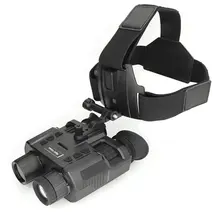
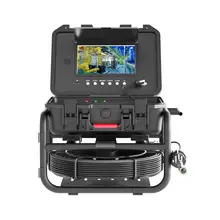

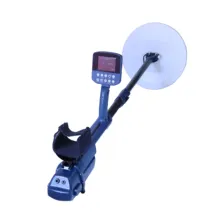





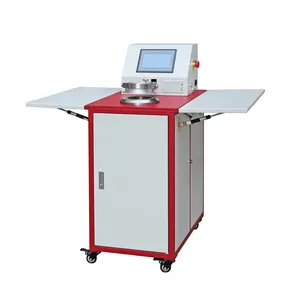
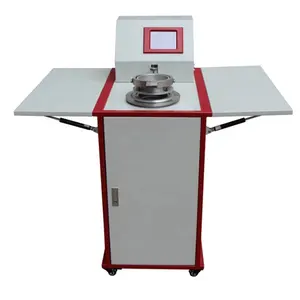












 浙公网安备 33010002000092号
浙公网安备 33010002000092号 浙B2-20120091-4
浙B2-20120091-4